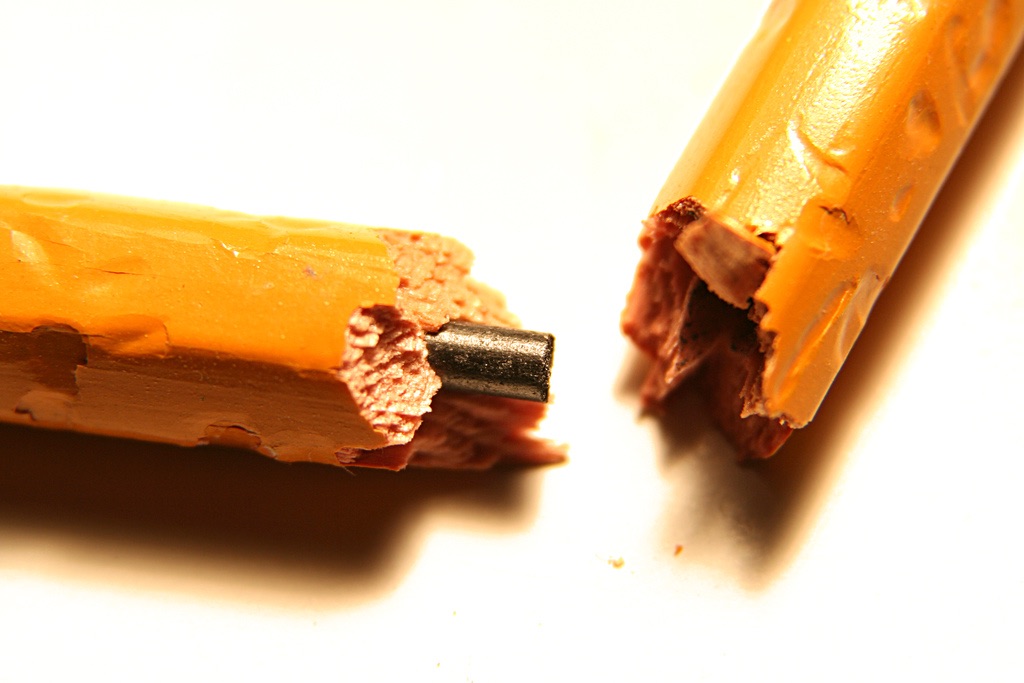Raising Richmond: My dad ate my homework
Sam Davies didn’t care that much about homework, so how is he supposed to feel when his daughter doesn’t care?

I’m really bad at homework. I didn’t like it then, and I don’t like it now.
In school, my grades were a direct result of how much homework was weighted. I simply wouldn’t do it. If grades were based on tests, I’d get A’s. If there was a project that counted 50% of my grade, I’d get an F. I wasn’t proud of this, and it made me really sad.
Part of the problem was that my ADHD was not properly diagnosed until my mid-20s. I’m a predominately inattentive type, and I didn’t set off any of the hyperactivity flags that predominated diagnoses in the late 90s. Drawn to novelty, the ADHD test would excite me like a shiny object and I’d “pass” every time.
Everyone has to do work they don’t want to. The consequences of not doing unpleasant work are usually worse than actually just sitting down and doing it. Before treatment for my ADHD, my brain logically knew this, but could not put together the executive function to act upon it. And, while my ADHD brain is exceptional at making quick connections in any given moment, it’s quite poor at recognizing longer term cause and effect.
Getting stuff done is really hard for me. When I come home, I need to be home and not worried about how I’m going to convince myself to fill out a boring piece of paperwork. Fortunately, homework is not the norm of the adult world. One of the best parts about becoming a grown-up was realizing that most jobs don’t require you to take them home with you.
— ∮∮∮ —
My eldest daughter is eight and in second grade. She has a phenomenal teacher who assigns what any person would describe as a reasonable amount of homework. I’ve heard horror stories about younger and younger kids getting hours and hours of homework. This not going on with my kid.
Sometimes she does her homework without being asked. Sometimes, one or two gentle prods and she’ll do her homework for the entire week. But sometimes, she just doesn’t want to do any homework at all that day.
So I struggle with how to best help her. I don’t really care if she does her homework on any given day. But, as with most parenting things, there’s a conflicting balance of wanting to provide structure while getting out of your kid’s way.
I’m OK with my kid not turning in her homework every day. It’s important that she learns what that feels like, especially while the stakes are low. But at the same time, I want to help her learn good habits and that sometimes you just have to do things. I want her to feel bad about not doing what’s asked of her, but not too bad.
If my daughter were 35, she’d say to me “Father. I choose not to do this busy work, and accept the consequences. Shall we play a round of Uno before bed?” But she’s eight, so she groans and whines and struggles to get it done. I want to help her learn to make her own choices, but within a framework I’m unsure how to construct.
Trial and error. Letting go while holding on. The best way I can show my children that their worth is not defined by their ability to do homework is by not judging them by whether or not they do their homework. I care if they want to do their homework and can’t, because they are frustrated, or tired, or scared, or lack the executive function to start. But, I don’t care if they don’t turn in a math worksheet of problems they already know how to solve.
So much of being an adult is being OK with the stuff you’re not doing at any given moment. If I go out to lunch now, I won’t have money for beers out tomorrow. If I watch Orphan Black tonight I won’t have time to finish my book before book club. If I have children, I won’t get to play Civilization for 72 hours straight anymore. I hope I can start my daughters down that path to be happy with the decisions they make.
Photo by: e-magic
-
Recommend this
on Facebook -

Report an error
-

Subscribe to our
Weekly Digest





There are 2 reader comments. Read them.